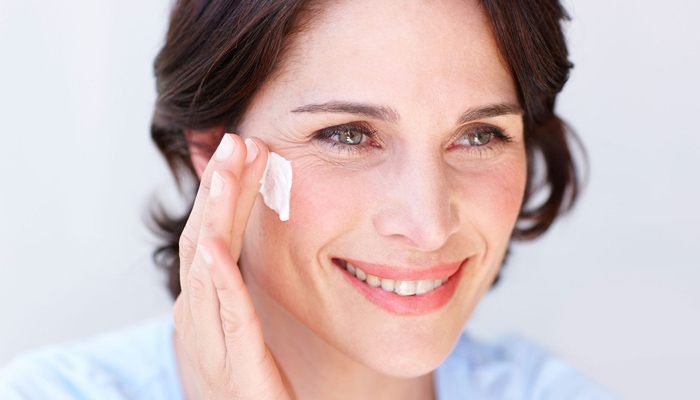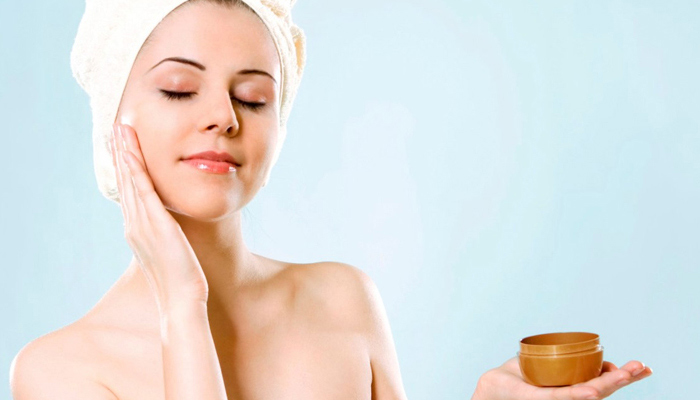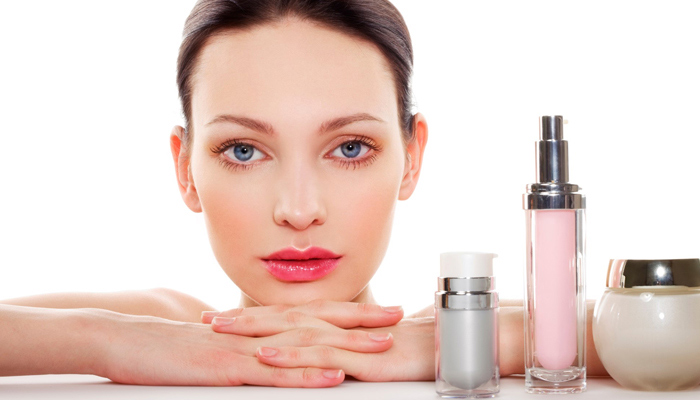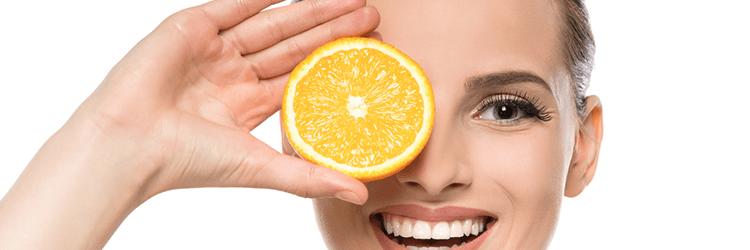Skin aging is a biological process influenced by genetics, metabolic processes, cellular metabolism, and hormones. It is also influenced by certain external factors, such as pollution, chemicals, toxins, and hormones. Skin aging is usually characterized by setting in of discoloration, dullness, deep wrinkles, and roughness.
article/antioxidants-an-important-ingredient-of-anti-aging-cosmetic-products
Although skin aging cannot be prevented, daily skin care can go a long way in enhancing elasticity, regeneration and smoothness of skin. And, antioxidants, play a huge role in that quest. To know how antioxidants can help improve your skin health and aesthetics, read on:
Benefits of Topical Use
- Simply put, antioxidants stop the production of free radicals:

As their formation increases with age, your skin starts aging rapidly, and you start looking older all of a sudden. Antioxidants present in certain cosmetic products are capable of stopping the production of these free radicals, thus preventing aging, and in some cases, even reversing its effects.
- Antioxidants prevent formation of ROS:
Pollutants, UV light and microbes are some external aggressors our skin gets exposed to. Exposure to these aggressors causes an inflammatory response, leading to the generation of reactive oxygen species or ROS. The skin aging process starts when the ROS begins to accumulate.
Enzymes like SOD are our body’s natural antioxidants that neutralize the ROS, but external aggressors can overwhelm them and accelerate the aging process of the skin. Topical application of cosmetic products containing antioxidants can prevent the formation of ROS, thereby halting the aging process, and improving your skin condition.
- Which antioxidants to look for in cosmetic products:

- Vitamin A (retinol)
- Vitamin C
- Alpha lipoic acid
- Polyphenols
- Curcumin
- Coenzyme Q10
- Turmeric
- Isoflavones
- Zinc
- Glutathione
- Rosemary
- Selenium
- How antioxidants work in cosmetic products:

- Antioxidants in food:
Incorporating antioxidants in your daily diet can be highly effective in helping you gain a healthy, youthful, smooth, and even-toned skin. Foods high in antioxidants comprise fruits (cranberries, blackberries, blueberries, strawberries, peaches, mangoes), cloves, walnuts, small red beans, grains, nuts, fish, and poultry, including lycopene, lutein, beta carotene, selenium, and antioxidant vitamins A, C, and E. They all play a very important role in preventing free radical damage and helping repair the damage done to your skin.
So, if you want younger-looking, smoother, even-toned skin, use anti-aging cosmetic products that contain natural antioxidants. They work by preventing free radical damage in your body, thus improving your skin condition, and also preventing a number of health-related problems.














